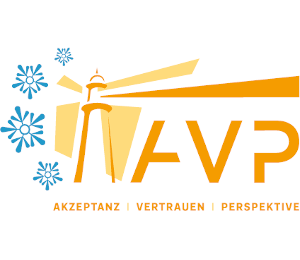International Cooperation
Transnational cooperation in the areas of education and integration opens promising perspectives and options for action to meet the challenges of today’s tasks.
Regional Cooperation
We create the framework conditions for the development and expansion of work in different sectors “on the spot” and promote the exchange between actors of different areas. Together with partner organizations in third countries, we develop new solutions to enhance the skills and innovation of local actors. We support our regional partners in the development of new programs in the fields of education, social services and culture, as well as in the design and implementation of concrete local projects.
The main factors of improving our work’s efficiency are establishment of links and cooperation with local representatives of politics, administration and business. For this purpose we, in cooperation with local administration, facilitate the involvement of local infrastructure in a cross-sectoral work and at the same time create prerequisites for a long-term cooperation.
Scientific interlinking, exchange and advanced training
The success of our work and that of our partners is largely based on special knowledge, experience, as well as on the competence of local staff in related fields. For this purpose, we promote the establishment of scientific and practical links, advanced training, and the exchange of specialists with our partner countries.
In addition, our work aims to design optimal framework for the professionalization and the transfer of know-how, such as construction of educational platforms, the acknowledgment and transparency of qualifications.
Withal we cooperate with local educational institutions and administrations.
Intercultural dialogue and cultural exchange
The basis of transnational cooperation and the joint development of solutions of common challenges is the understanding of different basic conditions, as well as of specific to each nation cultural values and behavioristic norms.
Facing the multitude of outstanding issues, we organize international meetings and exchanges in the field of art, culture and youth.
In order to achieve mutual understanding between the nations, and having in view the selected tasks, our work is aiming at mediation in the areas of language-, social- and intercultural skills that enable people to understand the existing problems and to participate in their solutions.
“In today’s world we cannot afford to live in isolation.
That is why one should know three languages: a regional, a national and an international one.”
Indira Gandhi, former Prime Minister of India

